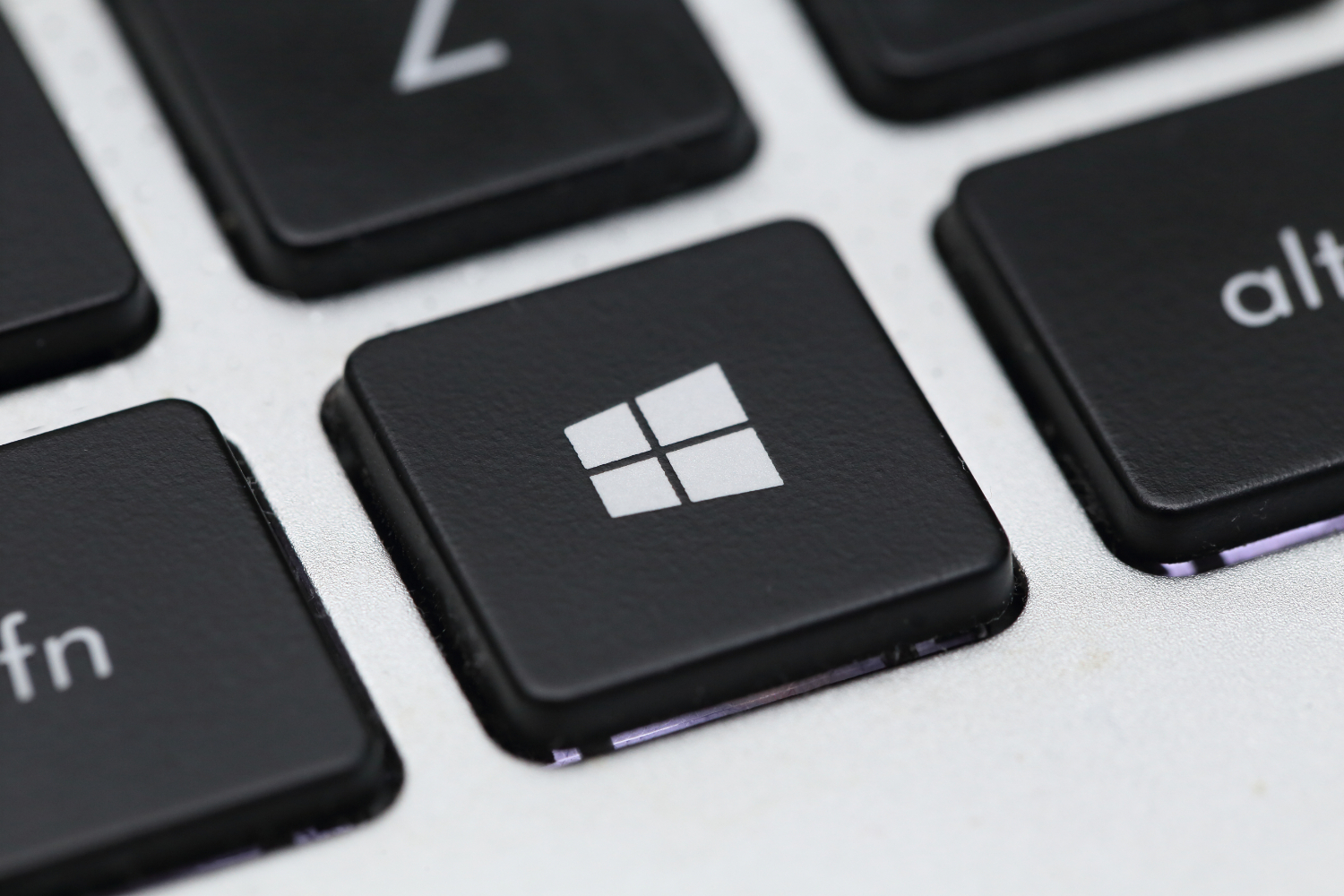Microsoft References Windows Core OS in Support Docs
Microsoft has reportedly been working on Windows Core OS since 2017. The company hasn't made any official announcements regarding the next version of Windows, but yesterday Windows Latest found references to Microsoft's worst-kept secret in support documentation.
The support docs offer little information about Windows Core OS. They simply explain that "wcmp" is the Windows Shell Composer ID, "wPId" is the Windows Core OS product ID and "wsId" is the Windows Core OS session ID. That's enough to confirm that Microsoft is developing something called Windows Core OS but not enough to give us a better idea of the point of the operating system (OS).
Luckily, numerous reports have offered a glimpse at Windows Core OS' purpose, pointing to the OS being used in all of Microsoft's hardware, from desktops and laptops to virtual reality devices and the Xbox, with other versions of Windows built on top. That would theoretically give the company a modular platform capable of supporting multiple form factors without compromise.
Other reports have said that Microsoft plans to introduce an OS called Lite for its Centaurus and Pegasus foldable tablets. Lite is expected to be built on top of Windows Core OS but"will only have a vague familiarity with what we know today as Windows from a UI perspective," according to a Petri report from February. That should mean we'll see Windows Core OS before Lite or the foldable devices.
Windows Latest said that Microsoft updated the support docs with reference to Windows Core OS on April 19. One of the company's employees had already confirmed the project's existence by that point--they referenced the OS on their LinkedIn profile--so it's possible the company just decided to roll with the leaks. Hopefully, we'll learn more about Windows Core OS during Microsoft's October 2 event.
Get Tom's Hardware's best news and in-depth reviews, straight to your inbox.

Nathaniel Mott is a freelance news and features writer for Tom's Hardware US, covering breaking news, security, and the silliest aspects of the tech industry.
